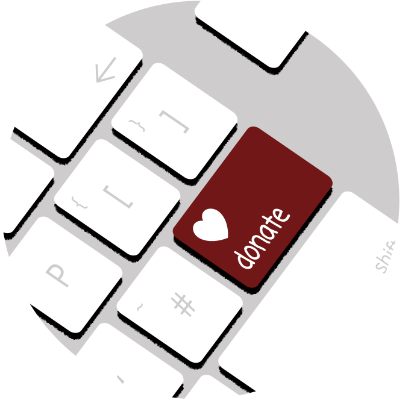Eating Disorder Content
Understanding eating disorder content online
Eating disorders, such as anorexia nervosa, bulimia nervosa, and binge-eating disorder, are serious mental health conditions requiring professional treatment. Content promoting, glorifying, or encouraging eating disorders can be particularly harmful, especially to vulnerable users. Realizing and accepting that you may have an eating disorder can be really difficult in itself, and trying to navigate content on social media could be triggering for you.
However, social media can be used healthily to access support and connect with others on your journey - platforms acknowledge that eating disorders can feel isolating and often allow posts when in the context of recovery. If you choose to share your journey, ensure it's done in a sensitive and considerate manner, being mindful of others who might access the content. For instance, avoid references to disordered behaviors or specific numbers related to your disorder, such as weights and calorific intake, as this could negatively influence others.
What can harmful eating disorder content online look like?
Harmful content related to eating disorders may include:
- Extreme weight loss promotion: Posts glorifying extremely low body weight or drastic weight loss methods.
- Pro-Ana/Pro-Mia content: Content promoting anorexia (also known online as ‘pro-ana’) or bulimia (also known as ‘pro-mia’) as lifestyle choices rather than serious health issues.
- Triggering images and videos: Images or videos depicting very thin bodies, self-induced vomiting, or other harmful eating disorder behaviours.
- Harmful diet and exercise plans: Plans encouraging extreme calorie restriction, purging, or excessive exercise.
How do I report eating disorder content online?
General reporting guidelines
- Do not engage: Avoid interacting with this type of content to prevent increasing its reach.
- Use platform reporting tools: Familiarise yourself with the reporting tools available on each platform. You can find more information on this below.
- Provide detailed information: Include detailed information on why the content is harmful when reporting to help moderators understand the context.
- Report Harmful Content Service: If the platform cannot support you, you can report eating disorder content to us via the online reporting form located here.
Emotional Support
Providing support and encouraging those struggling with an eating disorder to seek professional help is important, and offering information on helplines and support groups can provide a pathway to the help they need. Educating individuals on healthy behaviours is also important, and sharing content that promotes positive relationships with food and body image can foster a healthier mindset. Below you can find some great eating disorder charities, should you or someone you know wish to seek further support.

